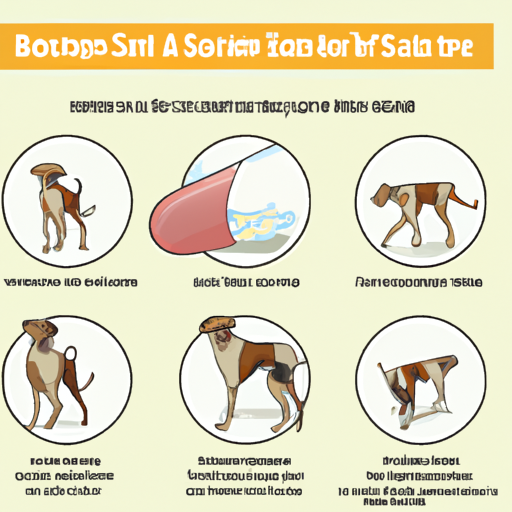Introduction
Every pet owner’s worst fear is seeing their beloved furry friend in pain. If your dog has been diagnosed with bladder stones, you’re likely feeling overwhelmed and anxious. But don’t worry – you’re not alone, and there are effective treatments available. In this guide, we’ll walk you through the steps to manage and treat bladder stones in dogs.
Understanding Bladder Stones
Bladder stones, or uroliths, are hard collections of minerals that form in the urinary tract of dogs. They can range in size and number – some dogs may have one large stone, others may have hundreds of small ones.
Common symptoms include:
- Frequent urination
- Blood in urine
- Straining to urinate
Bladder stones are typically diagnosed through a combination of physical exams, urine tests, and imaging studies like X-rays or ultrasounds.
Treatment Options
Your dog’s treatment will depend on the type and size of the stones, and their overall health. Here are some common treatments:
-
Dietary changes: Some types of stones can be dissolved through a special diet. This is often the first line of treatment if the stones are small and not causing blockage.
-
Medication: Certain medications can help dissolve stones. However, this can take several weeks to months.
-
Surgical removal: Large or complicated stones may need to be surgically removed. This is usually a last resort.
Preventing Bladder Stones
Prevention is always better than cure. Here are some steps you can take to prevent bladder stones in your dog:
- Provide fresh water at all times. Dehydration can increase the risk of stone formation.
- Regular vet check-ups. Early detection can make a big difference.
- Monitor your dog’s urination habits. Any changes could be a sign of trouble.
When to Seek Help
If you notice any changes in your dog’s urination habits, or if they seem to be in pain, it’s important to seek veterinary help immediately. Bladder stones can become a serious, even life-threatening condition if not treated promptly.
FAQ
Q: Can bladder stones in dogs be prevented?
A: Yes, through proper diet and hydration, and regular vet check-ups.
Q: How long does it take to dissolve bladder stones in dogs with diet and medication?
A: It can take several weeks to months.
Q: What are the symptoms of bladder stones in dogs?
A: Frequent urination, blood in urine, and straining to urinate.
Q: What treatments are available for dogs with bladder stones?
A: Dietary changes, medication, and surgical removal are common treatments.
Remember, your vet is your best resource for information about your pet’s health. Don’t hesitate to reach out with any questions or concerns. You’re not just a pet owner – you’re a caregiver, and your dog is lucky to have you.



